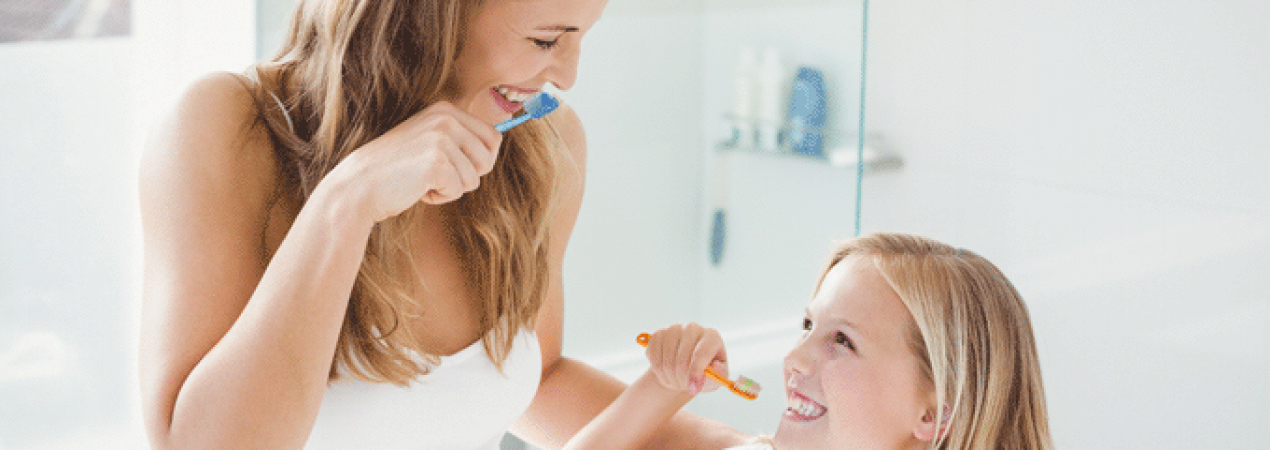
Children’s hygiene FAQs
June 4, 2018 9:36 amThe following article will answer the top questions sought after by parents when beginning oral hygiene in young infants.

The following article will answer the top questions sought after by parents when beginning oral hygiene in young infants.
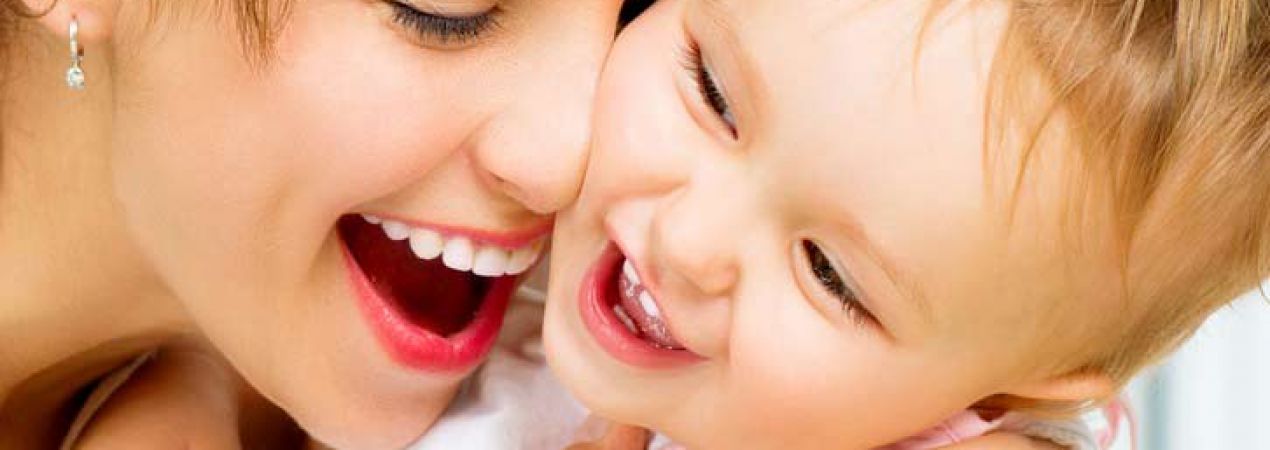
It is advisable to take care of your children’s mouth from the first months of life and not just when their first teeth start to grow.
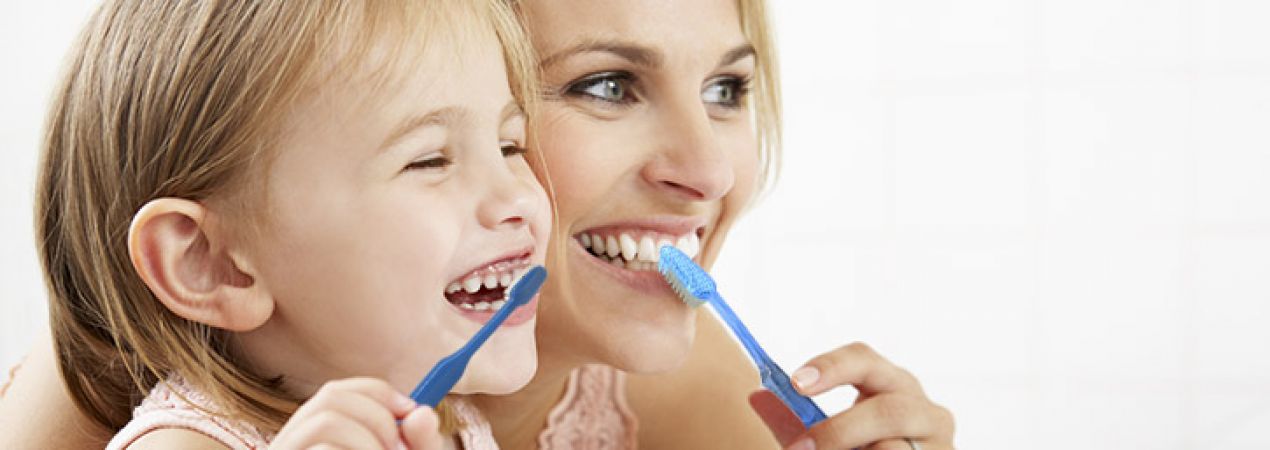
Acquiring good oral hygiene in childhood will prevent your children from developing problems in the future.

Food is a key factor when we talk about oral health and there are a number of foods that help prevent oral diseases.

Halitosis is a frequent condition suffered by a large proportion of the adult population. It can affect the daily life of the sufferer, their social, emotional and professional relationships. Here we discuss how you can prevent bad breath.
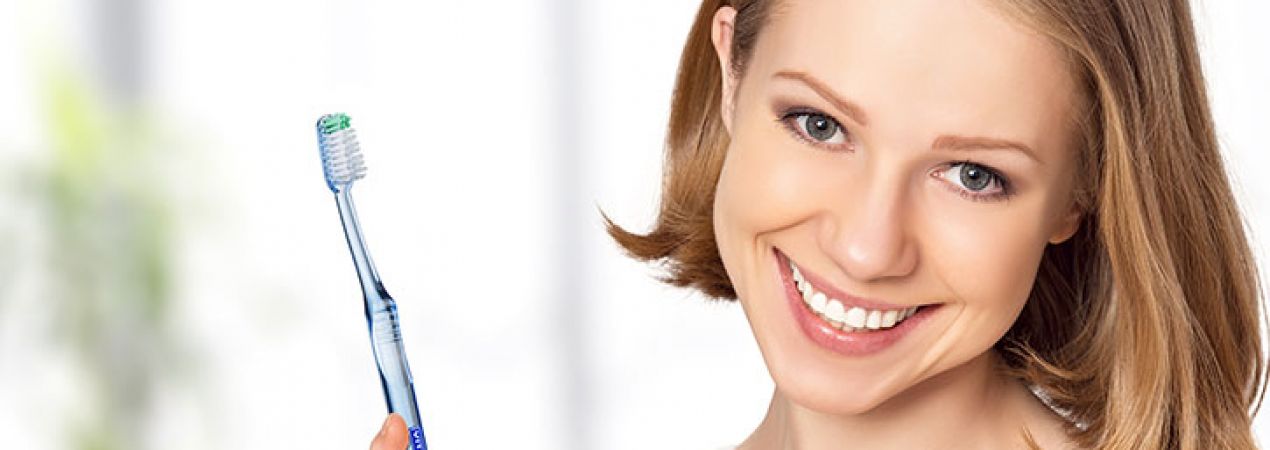
Many of us brush our teeth so hard that the toothbrush filaments wear out with only three passes. Follow our advice to find out how you can break this bad habit.

Choosing the right toothbrush is very important because it is the main instrument through which we can perform a proper oral hygiene of the dental surfaces without mistreating them.
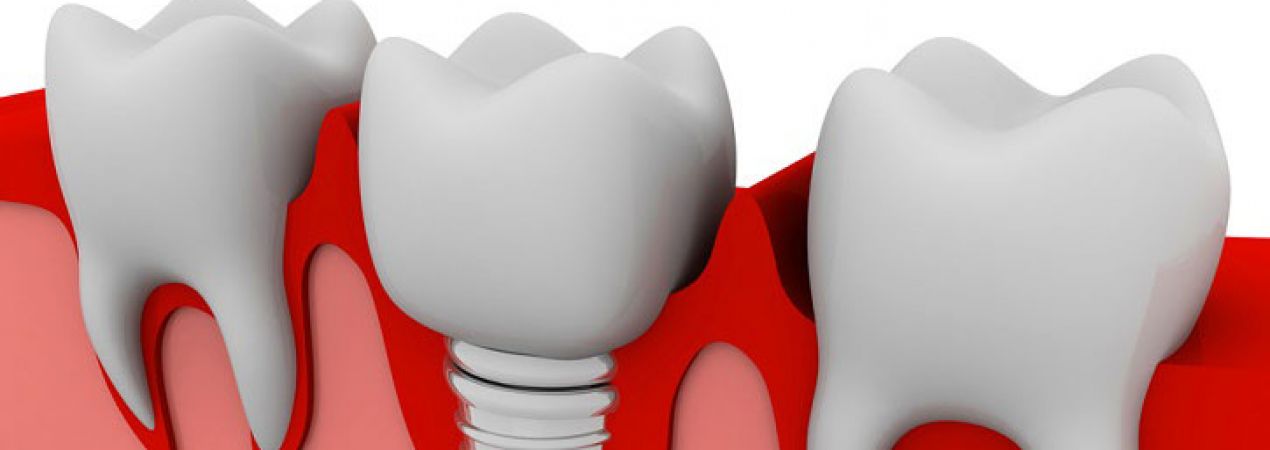
Dental implants are a stable and long-lasting solution to the loss of natural teeth, however they require more care. This is because implants are artificial meaning they have fewer defence mechanisms to fight against an infection.
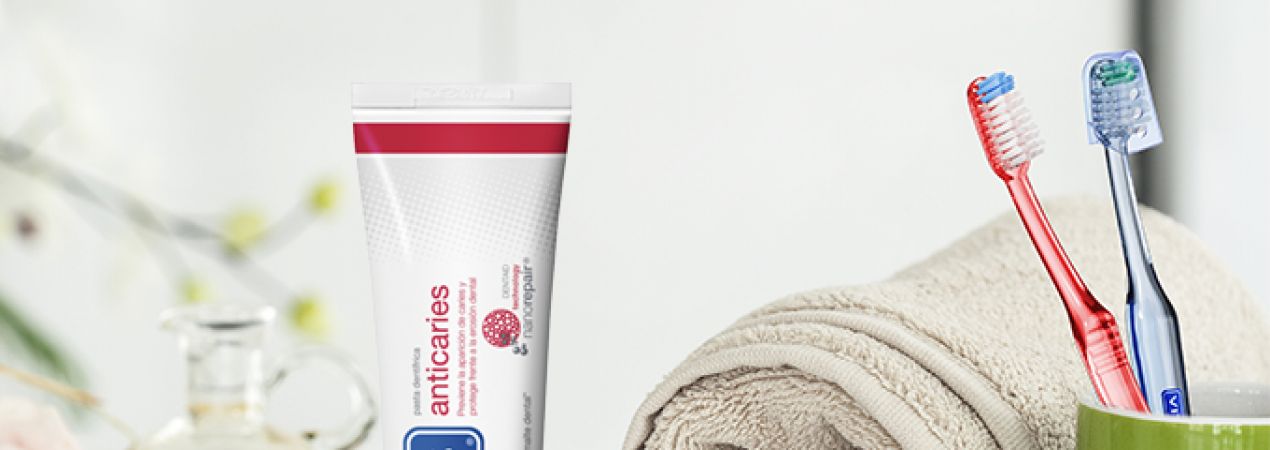
Without proper care, your toothbrush may become exposed to bacteria, transforming your cleaning instrument into a source of potential infections.
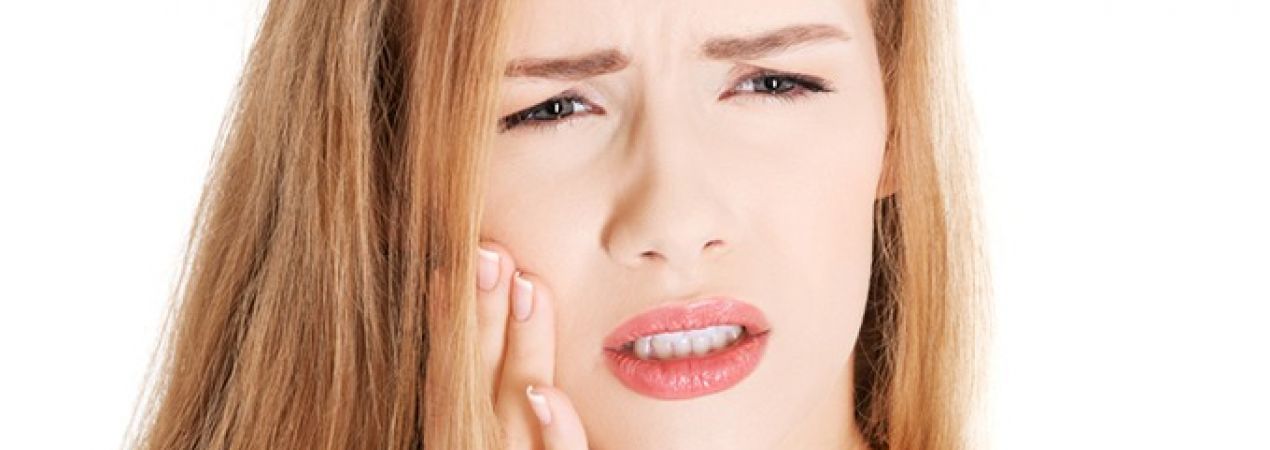
Tooth sensitivity is an acute and localized dental pain that appears when the teeth come into contact with thermal stimuli (hot and cold food / drinks), during brushing or even contact with the wind.